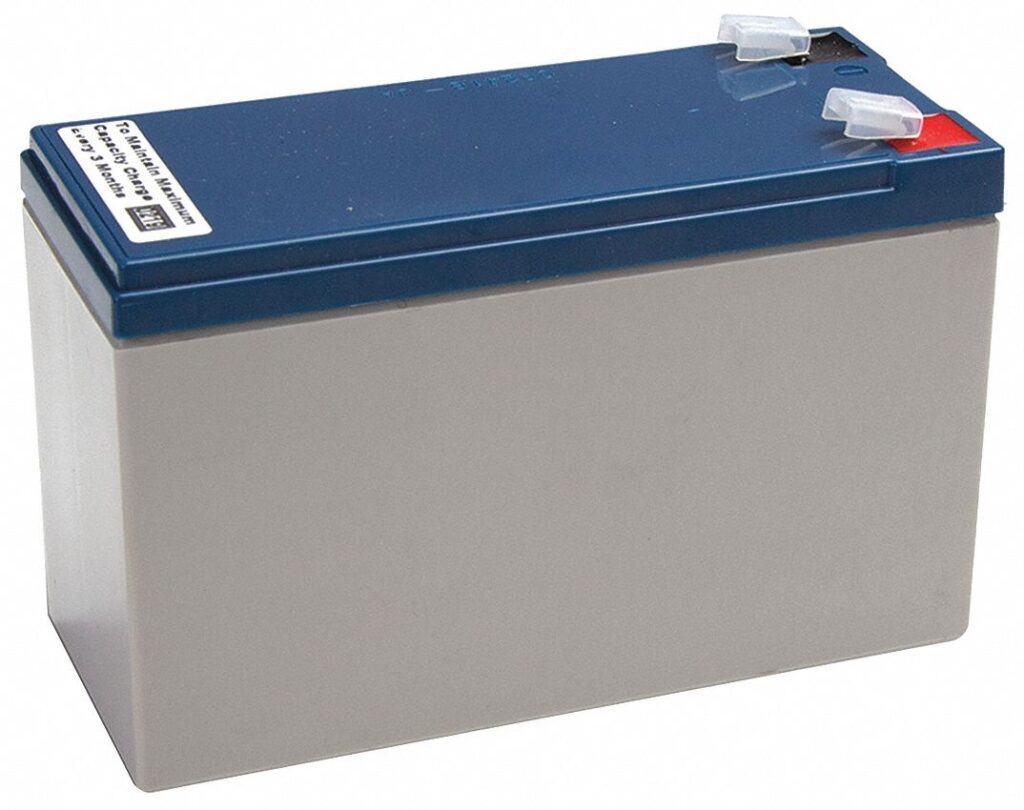Precautions for series-connected lead-acid batteries are crucial to ensure safety, longevity, and optimal performance.
- Proper Ventilation: Lead-acid batteries release hydrogen gas during charging, which is highly flammable. Ensure adequate ventilation in the battery storage area to prevent the buildup of hydrogen gas, which could pose a fire hazard.
- Equalization Charging: Regularly perform equalization charging to balance the charge across all batteries in the series. This prevents overcharging of individual batteries and ensures uniform performance.
- Avoid Overcharging and Undercharging: Follow manufacturer recommendations for charging voltages and currents. Overcharging can lead to excessive gas generation and thermal runaway, while undercharging can result in sulfation and reduced battery capacity.
- Temperature Control: Maintain batteries within the recommended temperature range (typically 15-25°C or 59-77°F) to optimize performance and lifespan. Extreme temperatures can accelerate battery degradation.
- Prevent Reverse Polarity: Ensure correct polarity connections during installation and maintenance to prevent reverse charging, which can damage batteries and reduce their lifespan.
- Inspect and Maintain Regularly: Periodically inspect batteries for signs of damage, corrosion, or electrolyte levels. Maintain proper electrolyte levels and clean terminals to prevent resistance buildup.
- Use Proper Charging Equipment: Use chargers specifically designed for lead-acid batteries and ensure they are compatible with the battery bank’s voltage and capacity. Improper charging equipment can damage batteries or pose safety risks.
- Handle with Care: Lead-acid batteries contain sulfuric acid, which is corrosive and can cause burns. Handle batteries with appropriate protective gear, such as gloves and safety goggles, and avoid contact with skin and eyes.
- Secure Installation: Securely mount batteries to prevent movement or tipping, especially in mobile or vibrating environments. Loose connections or physical damage can lead to electrical arcing or short circuits.
- Proper Disposal and Recycling: Dispose of old or damaged batteries according to local regulations and recycling guidelines. Lead-acid batteries contain toxic materials that can harm the environment if not disposed of properly.
By following these precautions, you can ensure the safe and efficient operation of series-connected lead-acid batteries, whether in automotive, marine, or stationary applications.


